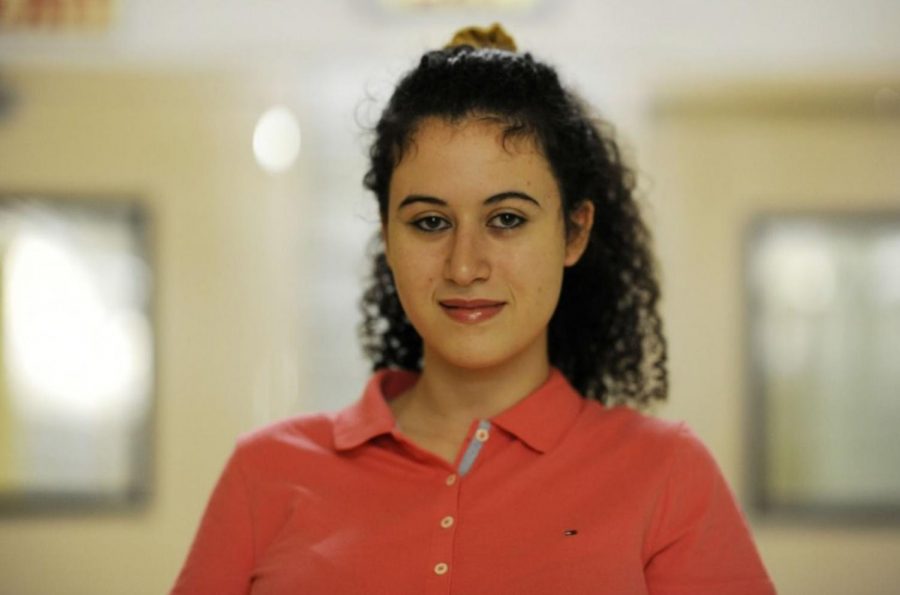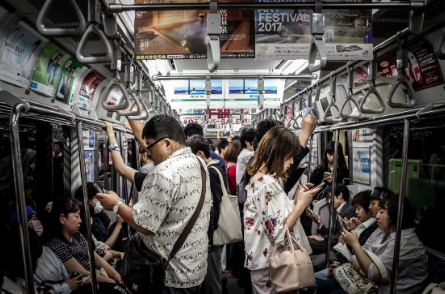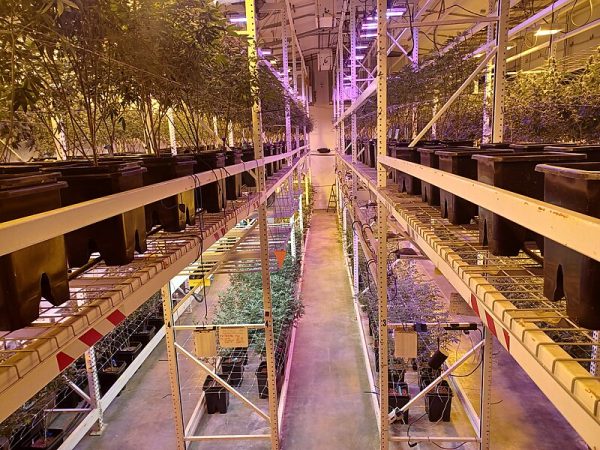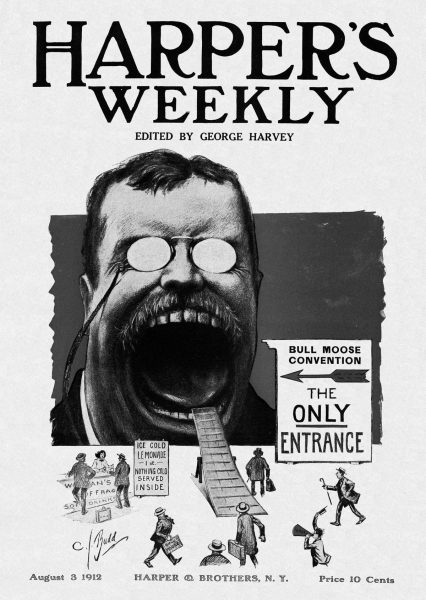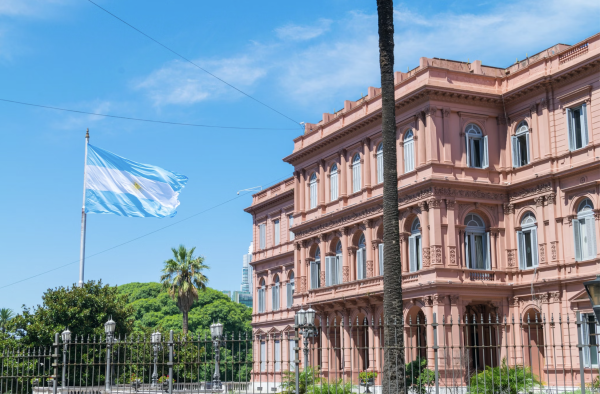A Crisis in Saudi Arabia
Ambitions of a Crown Prince: Mohammed Bin Salman and his One-Of-A-Kind Upset
Donia Ballan ’19 believes that the movement towards a more secular state in Saudi Arabia appeals to the country’s youth.
Women’s rights, anti-terrorism, anti-corruption — in 21st century America, the mere mention of these topics can evoke a nod of approval. But it can be easy to forget that in some countries, such topics can be far from the norm, and are instead lofty ideals. Saudi Arabia is one such country.
The recent stir in the Middle East, caused by Saudi crown prince Mohammed Bin Salman, is grounded in just those ideals. The ambitious prince has garnered attention for his radical methods of taking control, both on domestic and regional levels.
At the core of his political presence are radically modern plans for change in Saudi Arabian society, many of which pertain to the easing of tight religious restrictions rooted in tradition. Among these are reforms to allow women to drive and attend public events like sports games. Additionally of interest is an effort to begin eradicating terrorism, led by Saudi Arabia in cooperation with the United Arab Emirates, Egypt, and Bahrain.
The prince also plans to tackle deep economic reform by reducing the country’s dependency on its famed oil and by stimulating growth in a multitude of other industries.
Yet, ‘crisis’ is the word used to describe these seemingly positive plans. In a video published by The New York Times, Camilla Schick stated that the situation was a “political crisis.” Even a conference organized by the Middle East Monitor in London on November 18, 2017 began with the ominous statement, “Gone are the days when the Kingdom was an oasis of tranquility and stability.” The gathering of politicians and journalists went on to hear the array of domestic and foreign problems in Saudi Arabia and its potentially dreadful outcomes.
Historically, it is simple to deduce why this may be a crisis — the country is known for slow change, due to careful politics. The U.S. would prod and poke the Saudi government for reform, which, if passed, is met by a need to appease the conservatives of the Saudi political scheme.
Mohammed Bin Salman, however, shows a different trend. Highly publicized was Salman’s incarceration of eleven Saudi princes on corruption charges. His goal in doing so was to regain stolen government funds, totaling 100 billion USD, and to get rid of possible political rivals. Yet it was the scale and the speed of Salman’s purge that brought about widespread fear. “Is it reform when you are being repressive?” asked Dr. Todd Davis, a Social Studies teacher at Bronx Science.
Salman is making big, controversial, domestic changes while simultaneously escalating diplomatic tensions with Middle Eastern states like Qatar and Lebanon, and leaning toward greater regional military conflict with Iran. With Qatar, for instance, a decisive cut in diplomatic and economic relations was employed by means of a complete blockade, orchestrated by Egypt, U.A.E., and Bahrain, and led by Saudi Arabia.
In Lebanon, relations have been under stress since the sudden resignation of Lebanese Prime Minister Saad Hariri, escalating to a claim by the Saudi government that Lebanon has declared war, which Lebanon has repeatedly denied. The same goes for Iran, with Saudi Arabia insisting an attempted missile attack on an international airport located in Riyadh (the capital of Saudi Arabia) is an “act of war,” although the missile attack was the work of the Houthi (a Yemen rebel group).
“Is it reform when you are being repressive?”
With so much friction between Saudi Arabia and its neighboring countries, one might think it smart to keep things quiet on a domestic scale. But crown prince Salman has been doing the opposite — leading a top-down style wave of reforms that began with the crackdown on royal corruption. Consequently, he has established a supportive force of Saudis who are frustrated with the status quo.
More notable is the fiery support from Saudi young-bloods behind Salman. Movements toward women’s rights and liberal sentiments are part of a bigger plan to bring back the old Islam prior to 1979, when a once much more temperate Islam became an intolerant one, according to Salman himself. The crown prince, according to Thomas L. Friedman of The New York Times, described this Islam as a “moderate, balanced Islam that is open to the world and to all religions and all traditions and peoples.”
He not only wishes to reform Islam in Saudi Arabia, but is also teasing future efforts to move toward a generally more secular Saudi Arabian society. “I think the younger population likes the fact that he is a bit more secular than the past rulers in Saudi Arabia. The country has a long way to go in terms of women’s rights, but his movements towards secularism and allowing women to drive is appealing to them,” said Donia Ballan ’19.
“A good question to ask is: is this progress?” said Dr. Davis. “Can you call him liberal when he is creating a police state?” In fact, Davis said, Mohammed Bin Salman may be playing the same ‘Middle Eastern Game’ as his predecessors. Only time will tell if the ambitions of the crown prince were ill-fated from the start, or if truly, a new era has dawned in Saudi Arabia.
Angie Yang is an Editor-in-Chief of ‘The Observatory’ and a Staff Reporter for ‘The Science Survey.’ This is her second year in Journalism. She...

